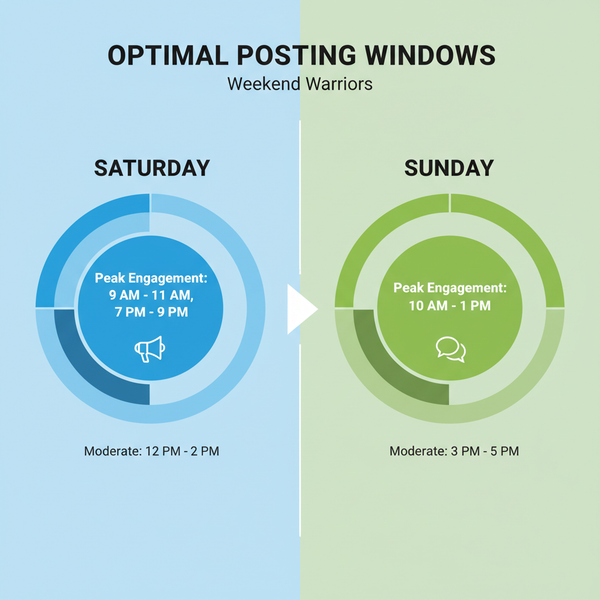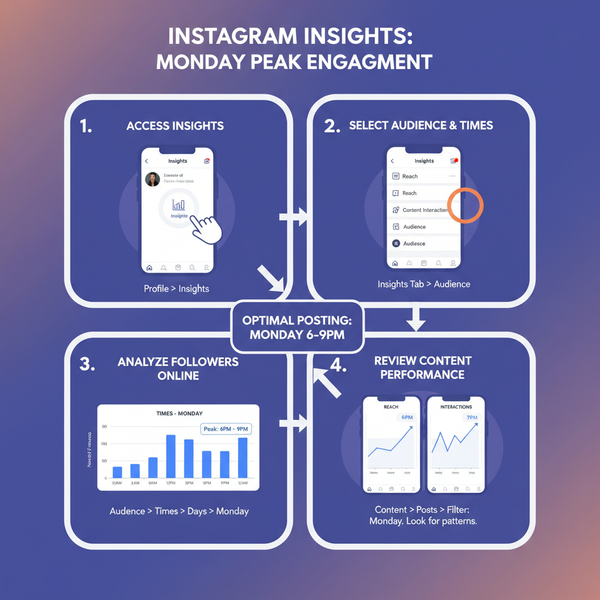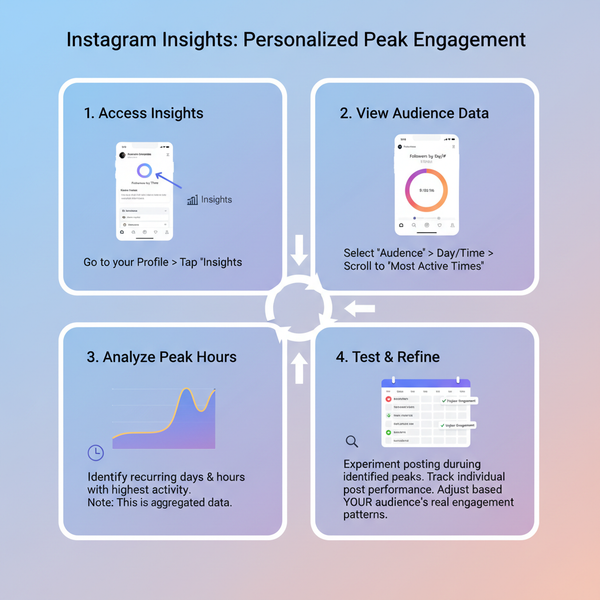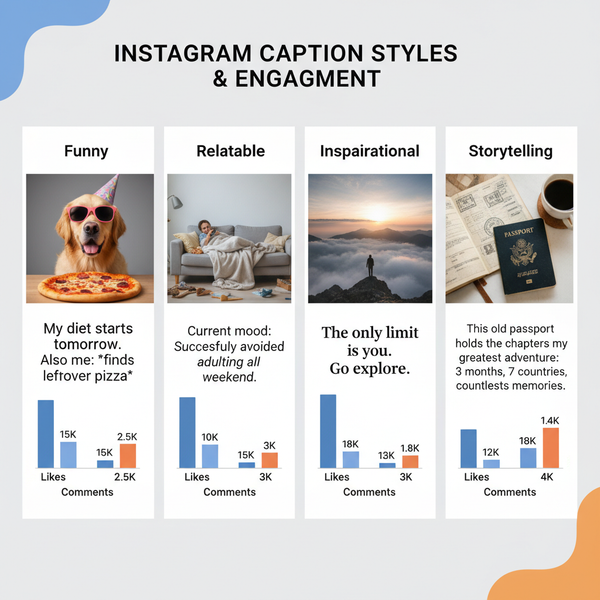Artificial Intelligence in Content Creation for Better Resul
Discover how AI tools enhance content creation, streamline SEO, boost creativity, and automate planning for faster, higher-quality digital publishing.

Introduction to AI in Content Creation and Why It Matters
Artificial Intelligence (AI) is rapidly transforming how creators, marketers, and businesses approach content production. In today’s digital landscape, artificial intelligence in content creation is one of the most impactful advancements for scaling output, improving quality, and streamlining workflows. Traditionally, generating high-quality content required extensive human effort in research, writing, and editing — sometimes taking hours or days. Now, AI enables creators to automate repetitive tasks, gain real-time insights, and remain focused on creativity.
For marketers, this shift means lower production costs, faster turnaround times, and content designed to align with audience interests and search engine algorithms. AI tools can analyze massive datasets, spot trends, and generate topics that resonate with target audiences — work that would take humans considerably longer.

By leveraging AI, writers can maintain consistent publishing schedules, boost SEO rankings, and respond quickly to emerging trends. Importantly, AI doesn’t replace human creativity; rather, it amplifies it.
---
Key AI Tools for Writing, Editing, and Idea Generation
A growing range of AI-powered tools has become indispensable in the modern content creator’s toolkit. From solo bloggers to enterprise-level marketers, these platforms help automate drafting, editing, brainstorming, and style refinement.
Writing Assistants
- ChatGPT / GPT-4 – Drafts articles, scripts, and social media posts with conversational flow.
- Jasper AI – Optimized for marketing content through customizable templates.
- Copy.ai – Delivers quick, concise copy for various formats.
Editing & Proofreading
- Grammarly – AI-powered grammar, tone, and style suggestions.
- ProWritingAid – In-depth analysis of sentence variety and readability metrics.
Idea Generation
- Frase – Produces topic research and outlines for targeted content.
- HubSpot’s AI Blog Ideas Generator – Offers instant inspiration based on keyword prompts.
These tools save time, expand creative breadth, and surface fresh perspectives from broad datasets.
---
Using AI for SEO Optimization and Keyword Research
SEO remains a critical pillar of online content marketing, and AI tools are revolutionizing keyword discovery, competitor analysis, and optimization strategies.
How AI Boosts SEO
- Semantic Keyword Analysis – Finds keyword variations and clustered topics.
- Content Gap Detection – Reveals subjects competitors cover that you don’t.
- Automated Meta Tag Generation – Instantly optimizes titles and descriptions.
Recommended AI SEO Tools
- Surfer SEO – Provides keyword placement suggestions in AI-guided outlines.
- Clearscope – Improves relevance through machine learning recommendations.
- SE Ranking – Tracks keywords and analyzes performance over time.
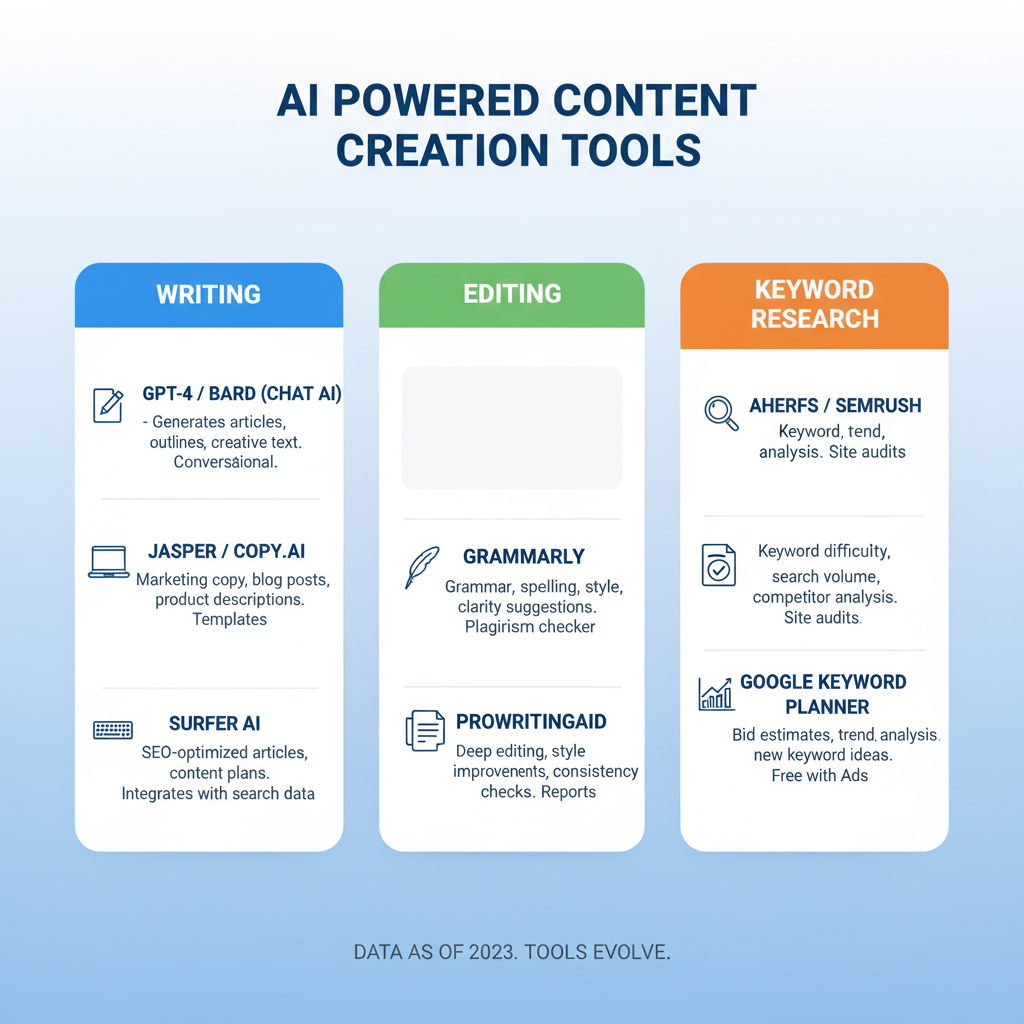
Integrating these tools ensures content is discoverable, relevant, and competitive in search rankings.
---
AI-Assisted Content Planning and Editorial Calendar Creation
Consistent publishing requires strategic planning, and AI can help by analyzing historical data to recommend optimal posting frequency, timing, and content mix.
Benefits of AI in Planning
- Predictive Analytics – Anticipates engagement levels for specific topics.
- Automated Scheduling – Aligns publishing with peak activity times.
- Dynamic Calendar Adjustments – Responds to seasonal changes and trend shifts.
Platforms including CoSchedule and Trello now incorporate AI features that make editorial calendar management faster and more adaptive.
---
Enhancing Creativity and Overcoming Writer’s Block with AI Prompts
Even experienced professionals encounter creative blocks. AI-generated prompts can help reignite inspiration by suggesting hooks, angles, or structural outlines.
Examples of AI Prompts
"Write a blog post outline about sustainable packaging trends in 2024, focusing on consumer demand and innovations."
"Generate 5 engaging headlines for an article on remote work productivity for creative professionals."Such prompts can be niche-specific, emotion-driven, or data-backed, depending on the tone and audience. Tools like Copy.ai and Jasper provide strong prompt-based creativity boosters.
---
Integrating AI for Multimedia Creation (Images, Video, Audio)
AI extends beyond text creation — machine learning now powers compelling visual and audio asset production.
AI for Images
- DALL·E – Generates custom illustrations from textual descriptions.
- Midjourney – Produces artistic and stylized imagery.
AI for Video
- Synthesia – Converts scripts into videos featuring AI avatars.
- Pictory – Transforms blog posts into dynamic video summaries.
AI for Audio
- Descript – Offers transcription-based editing for audio and video.
- Lovo – Produces AI-generated voiceovers for podcasts and marketing content.

With multimedia integration, creators can engage audiences across multiple channels more effectively.
---
Balancing Human Creativity with AI Efficiency
While AI enhances productivity, human creators provide emotional intelligence, authenticity, and cultural awareness — elements that technology cannot fully replicate.
Tips for Balance
- Use AI for research and drafts, then apply human editing for nuance.
- Combine data-driven headlines with emotionally resonant storytelling.
- Critically assess AI outputs to maintain originality and avoid generic content.
A winning strategy leverages both machine efficiency and human artistry.
---
Ethical Considerations and Avoiding Plagiarism with AI-Generated Content
With AI-powered content becoming commonplace, adhering to ethical guidelines is essential.
Best Practices
- Citation – Give proper credit to original sources.
- Fact-Checking – Verify AI-provided information for accuracy.
- Plagiarism Checks – Use tools like Copyscape to ensure originality.
- Transparency – Communicate when AI contributes to content production.
AI should act as a tool that supports ethical creation, not a shortcut for bypassing standards.
---
Tracking Performance Metrics and Refining AI-Assisted Strategies
Testing and optimization are key to content success. AI can actively monitor metrics and recommend refinements.
| Metric | AI Role | Expected Benefit |
|---|---|---|
| Engagement Rate | Predictive analysis to assess audience resonance | Improved targeting of future content |
| SEO Rankings | Automated keyword tracking | Sustain or improve search visibility |
| Conversion Rates | Identify copy elements driving results | Revenue growth through refined messaging |
AI-enhanced tools, combined with analytics platforms, can detect subtle shifts in audience behavior and guide continuous improvement.
---
Future Trends of AI in Content Marketing
The future of artificial intelligence in content creation holds even deeper integration across channels and formats.
Expected Innovations
- Real-Time Personalization – Delivering content tailored to the individual in milliseconds.
- Voice-Driven Search Optimization – Preparing content for assistants like Alexa and Siri.
- AI-Generated Interactive Content – Creating dynamic quizzes, polls, and augmented reality experiences.
Smarter AI models will enable predictive, adaptive, and personalized strategies that reshape marketing as we know it.
---
Summary and Next Steps
Artificial intelligence in content creation is not a passing trend — it’s a transformative force that enhances efficiency and elevates quality across text, multimedia, and marketing strategies. From idea generation and SEO optimization to editorial planning and ethical best practices, AI provides powerful tools for creators while leaving room for human creativity and emotional resonance.
Ready to elevate your content marketing? Explore AI tools today, experiment with integration across different formats, and strike the perfect balance between data-driven precision and authentic storytelling.

